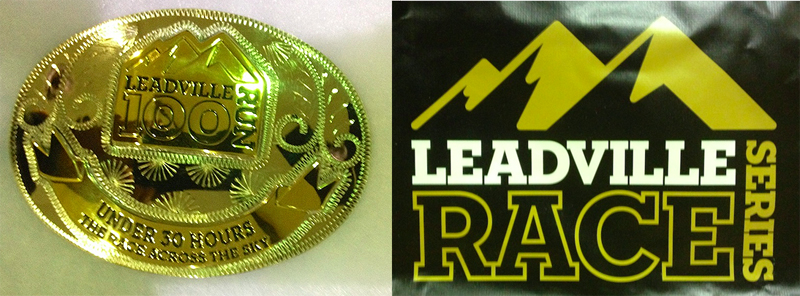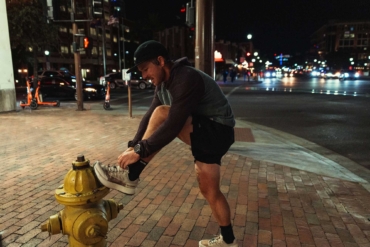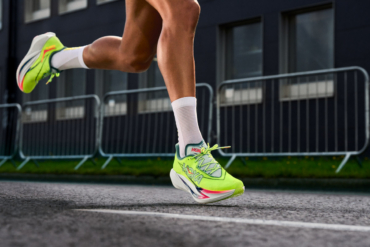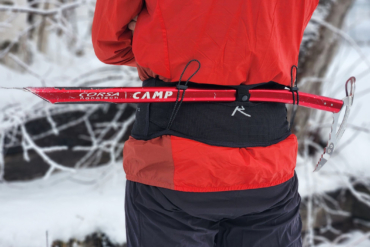
Colorado’s famous Leadville Trail 100 Run kicks off tomorrow, August 17, 2013. With a 100-mile course that climbs to elevations over 12,000 feet, just the name of this ultra race is enough to make many trail runners shiver from fear and excitement.
Today, I sat in on a safety briefing with the race organizers, including a presentation by Dr. John Hill, a professor of sports medicine at the University of Colorado. He is the medical director of the Leadville 100 and a finisher of the epic event himself.
Dr. Hill offered the race pack some words of wisdom before they head onto the course. Here’s a recap of some major points:
Hydration –- Forget about algorithms and formulas, your body knows best. “If you are thirsty, drink. If you aren’t don’t,” said Hill. “Trust your thirst reflex.”
Nutrition –- “Is there anyone here who has never bonked?” Hill asked the crowded gym. “If so, good news. You will tomorrow.” He continued by explaining that the body needs glucose during long endurance events. Even trained to burn fat, simple sugars are helpful to working muscles.
Cramping –- Sodium, potassium and chloride intake may help alleviate cramping. Extremely long events might lead to cramping even with perfect nutrition. Gut it out and carry on. Salt tablets help, but do not take more than the recommended dosage.

Nausea –- If you feel really good but your heart rate (shown by monitor) is high, slow down. “If you push too hard, your body won’t burn fat,” Hill said. But nausea is no reason to quit. “Keep trying to eat. If you puke you might feel better.”
Helping Hand — Take care of each other. The world of long distance endurance athletics is small. The rewards — friends, freedom and great stories, among other things — are addictive. Not too many people will thrash their bodies through a hundred miles of pain. If someone is down on the trail, help out. You could save a life.
Altitude –- Beware the fickle beast. Altitude can get anyone, trained or not. Be prepared to back off from training paces, especially if you’re traveling from low altitude to a high race.

Temperatures –- Especially in the mountains, the temp can vary wildly. Never get separated from your rain jacket [for emergency warmth].
Blisters –- Moleskin and duct tape are great preventative measures, but when it gets down to business, foot blisters are far from fatal. Fight through the pain.
Pain –- Yes, it’s awful. Pain also happens to be a big part of ultra running. Suck it up.
Ibuprofen –- While it will alleviate pain, leave the pills out of the race vest. During an ultra marathon, the kidneys are working full time. “The introduction of ibuprofen can lead to the perfect storm,” he said. It’s not like 10 days on renal dialysis are a lot of fun. Hill’s advice? Wait until the end of the race, after you’ve peed twice. Then it’s safe to drop the NSAID’s.
Keep Eating –- “It’s not just an ultra marathon, it’s an ultra eating contest,” he said. It takes a lot of energy to move a body 100 miles. Put in the fuel and keep on going.”
—Contributing editor Sean McCoy is in Leadville, Colo., to cover the Leadville Trail 100 Run.






